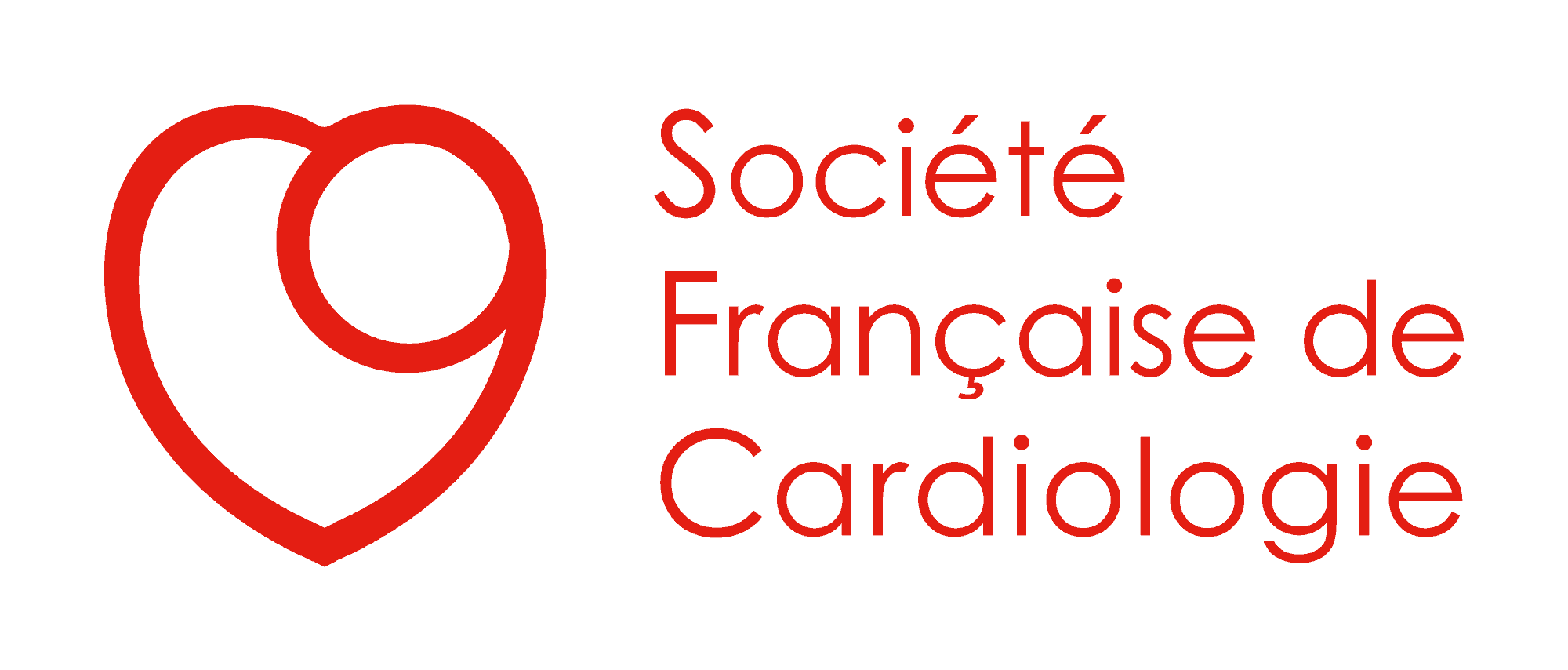Suivez-nous sur les réseaux sociaux !
Retrouvez les articles immanquables des Archives of Cardiovascular Diseases, revue scientifique mensuelle en anglais de notoriété internationale.
Voici un aperçu rapide des sujets abordés dans cette publication :
Dernières publications
Publications
Machine learning-based scoring system to predict in-hospital outcomes in patients hospitalized with COVID-19
Voici un aperçu rapide des sujets abordés dans cette publication :
Archives of Cardiovascular Diseases | Article du mois – Décembre 2022
Orianne Weizman, Baptiste Duceau, Antonin Trimaille, Thibaut Pommier, Joffrey Cellier, Laura Geneste, Vassili Panagides, Wassima Marsou, Antoine Deney , Sabir Attou , Thomas Delmotte, Sophie Ribeyrolles , Pascale Chemaly, Clément Karsenty , Gauthier Giordano, Alexandre Gautier, Corentin Chaumont, Pierre Guilleminot, Audrey Sagnard, Julie Pastier, Nacim Ezzouhairi, Benjamin Perin, Cyril Zakine, Thomas Levasseur, Iris Ma, Diane Chavignier, Nathalie Noirclerc, Arthur Darmon, Marine Mevelec, Willy Sutter, Delphine Mika, Charles Fauvel, Théo Pezel, Victor Waldmann, Ariel Cohen, Guillaume Bonnet, for the Critical COVID-19 France investigators
Summary
Background
The evolution of patients hospitalized with coronavirus disease 2019 (COVID-19) is still hard to predict, even after several months of dealing with the pandemic.
Aims
To develop and validate a score to predict outcomes in patients hospitalized with COVID-19.
Methods
All consecutive adults hospitalized for COVID-19 from February to April 2020 were included in a nationwide observational study. Primary composite outcome was transfer to an intensive care unit from an emergency department or conventional ward, or in-hospital death. A score that estimates the risk of experiencing the primary outcome was constructed from a derivation cohort using stacked LASSO (Least Absolute Shrinkage and Selection Operator), and was tested in a validation cohort.
Results
Among 2873 patients analysed (57.9% men; 66.6 ± 17.0 years), the primary outcome occurred in 838 (29.2%) patients: 551 (19.2%) were transferred to an intensive care unit; and 287 (10.0%) died in-hospital without transfer to an intensive care unit. Using stacked LASSO, we identified 11 variables independently associated with the primary outcome in multivariable analysis in the derivation cohort (n = 2313), including demographics (sex), triage vitals (body temperature, dyspnoea, respiratory rate, fraction of inspired oxygen, blood oxygen saturation) and biological variables (pH, platelets, C-reactive protein, aspartate aminotransferase, estimated glomerular filtration rate). The Critical COVID-19 France (CCF) risk score was then developed, and displayed accurate calibration and discrimination in the derivation cohort, with C-statistics of 0.78 (95% confidence interval 0.75–0.80). The CCF risk score performed significantly better (i.e. higher C-statistics) than the usual critical care risk scores.
Conclusions
The CCF risk score was built using data collected routinely at hospital admission to predict outcomes in patients with COVID-19. This score holds promise to improve early triage of patients and allocation of healthcare resources.
Partagez cet article :
Partagez cet article :
Written by : SFC
Plus de publications de la SFC

INTELLIGENCE ARTIFICIELLE New Threshold for Defining Mild Aortic Stenosis Derived From Velocity-Encoded MRI in [...]

CARDIOLOGIE PÉDIATRIQUE The Cardiovascular Care of the Pediatric Athlete | Lire l'article JACC CARDIO-ONCOLOGIE [...]




